Architects and Specifiers: Think Wood
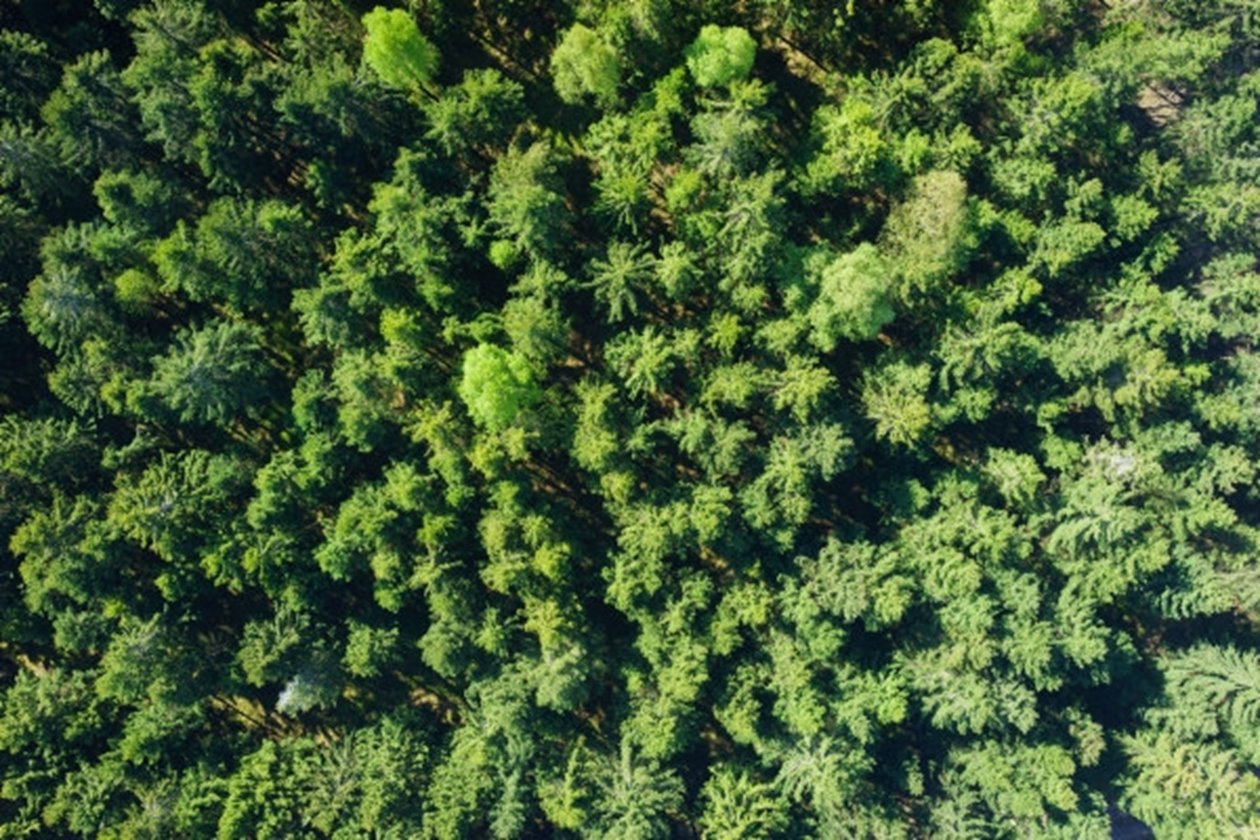
The more growing trees, the greater the absorption
No construction material offers more environmental benefits than wood. Here at Södra, we talk about the three-fold benefits of the forest. It stems from the three ways in which trees reduce the amount of harmful carbon dioxide in the atmosphere. The first is that growing trees store carbon. The more growing trees, the greater the absorption.
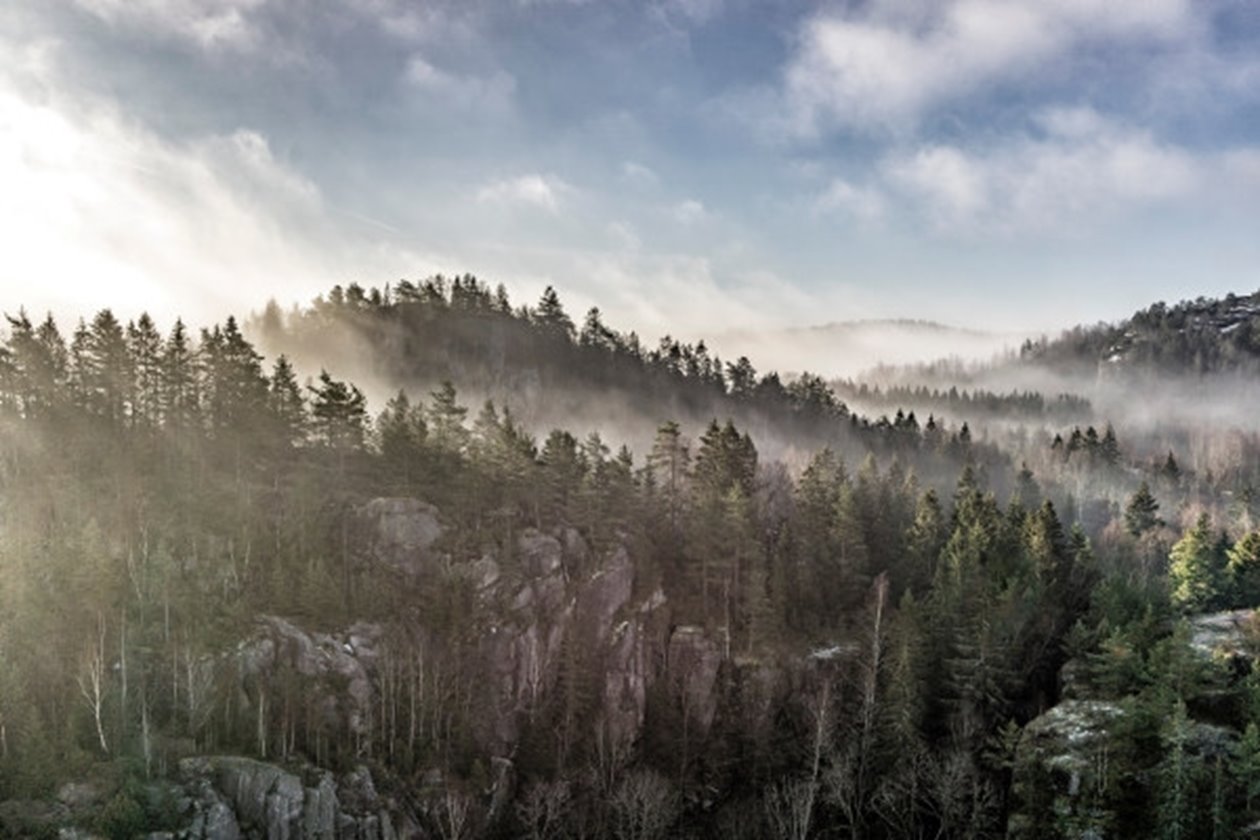
Clean air
Think of trees as the world’s air filtration system. Every day, through photosynthesis, forests all over the globe sequester CO², locking in carbon, and generating fresh oxygen. Over a year, just one acre of forest will absorb twice the CO² produced by an average car.
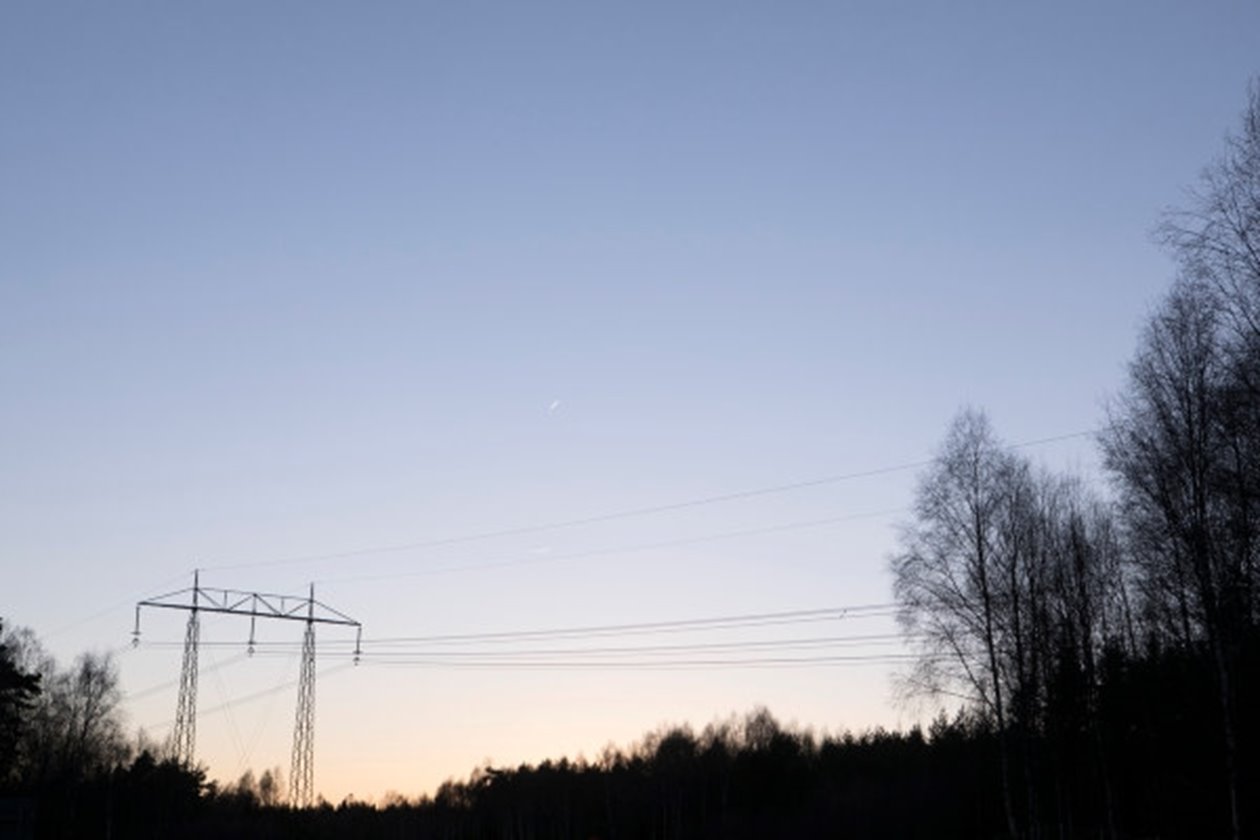
Energy efficiency
The energy used to harvest, process and deliver timber on-site for use (called ‘embodied’ energy) is extremely low. In turn, this reduces the typical embodied carbon footprint of a building by 30-50%. A timber building structure also requires a fifth of the vehicle deliveries demanded by concrete, for example. All this means reduced harmful emissions, pollutants and less consumption of finite resources like fossil fuels.
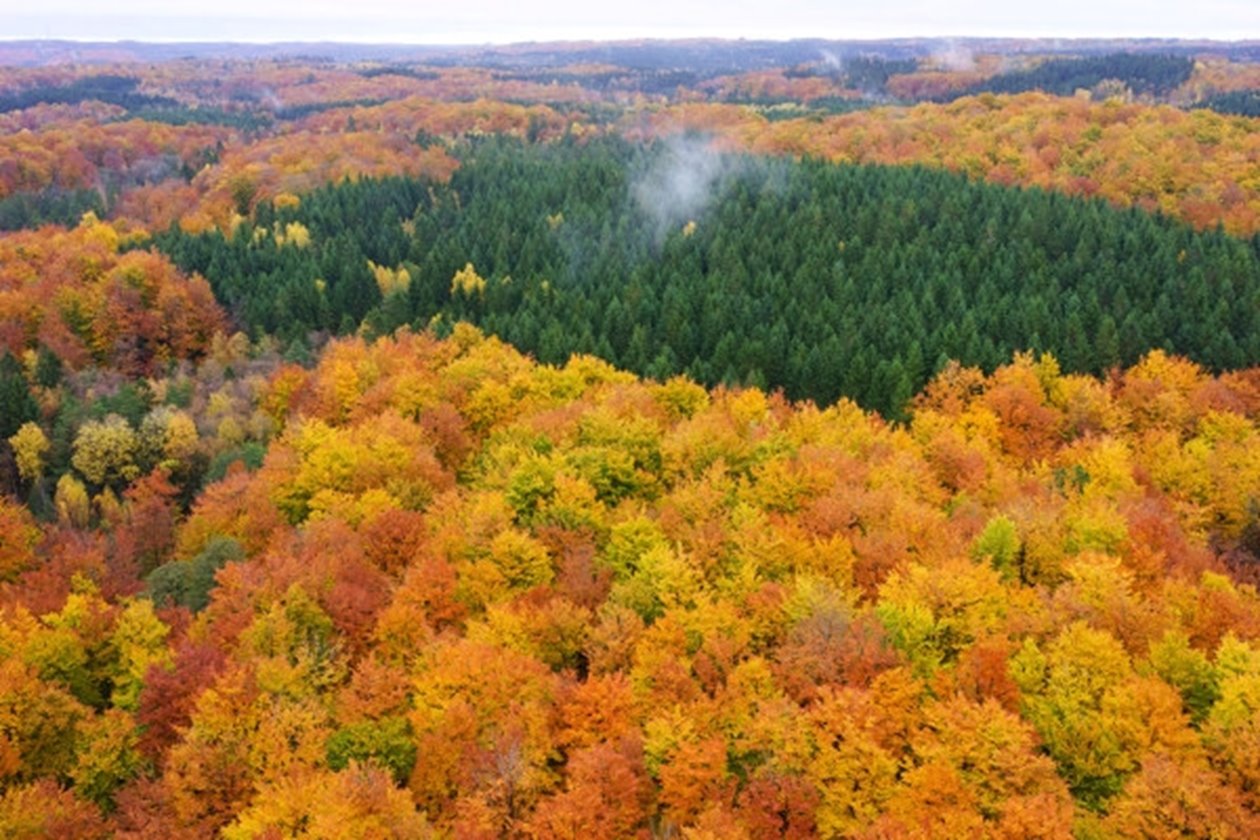
CO² absorption
Trees absorb most CO² whilst they are growing. Then, as they age, absorption declines. Each cubic metre of timber locks in about a tonne of carbon.
Unless the wood is either burnt or rots, the carbon remains safely stored. Södra’s timber only comes from mature trees – those that have stopped absorbing harmful carbon dioxide and fully benefited the environment.
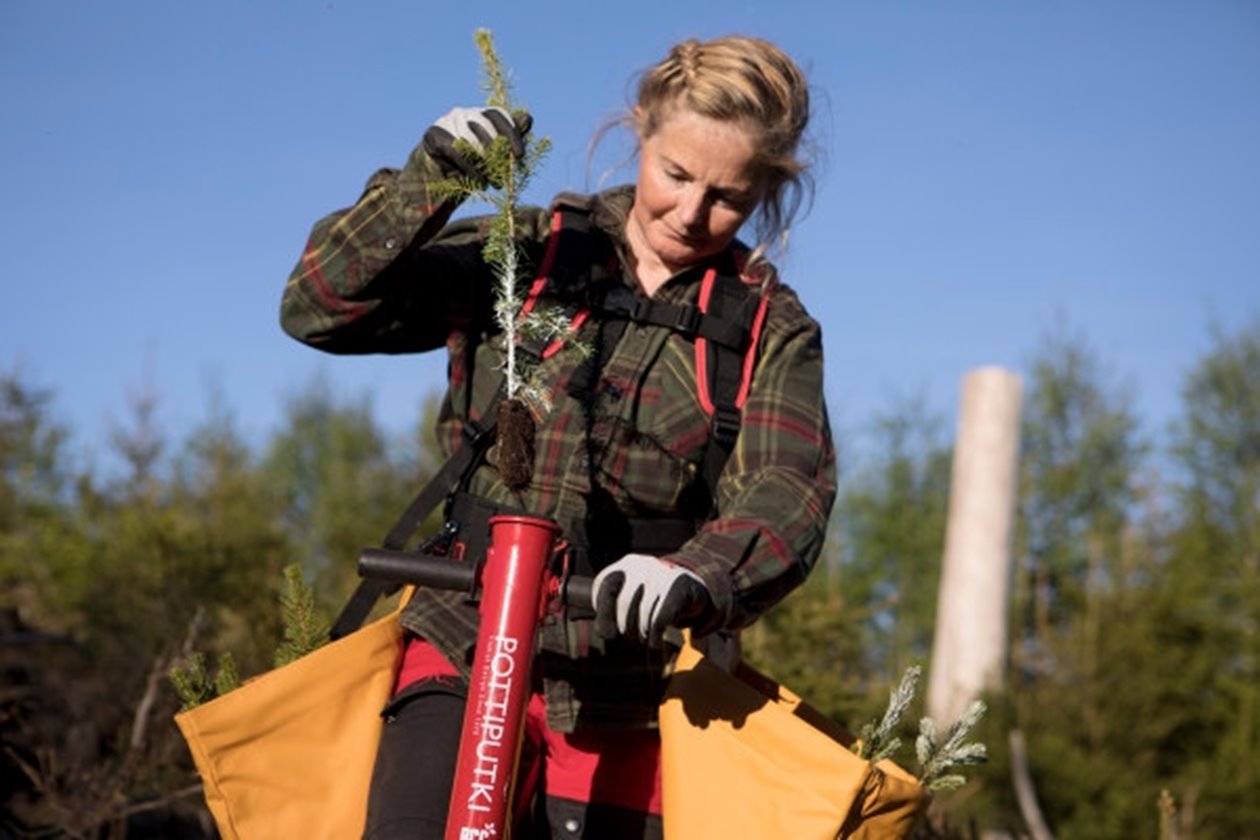
Planting and natural regeneration
Harvesting and replanting forests sustainably keeps the tree stock young and growing, which maximises the capture of carbon. For every tree felled, our members plant another three in its place. Södra’s carefully managed forest areas remove more atmospheric CO² than if they were left untended to mature.
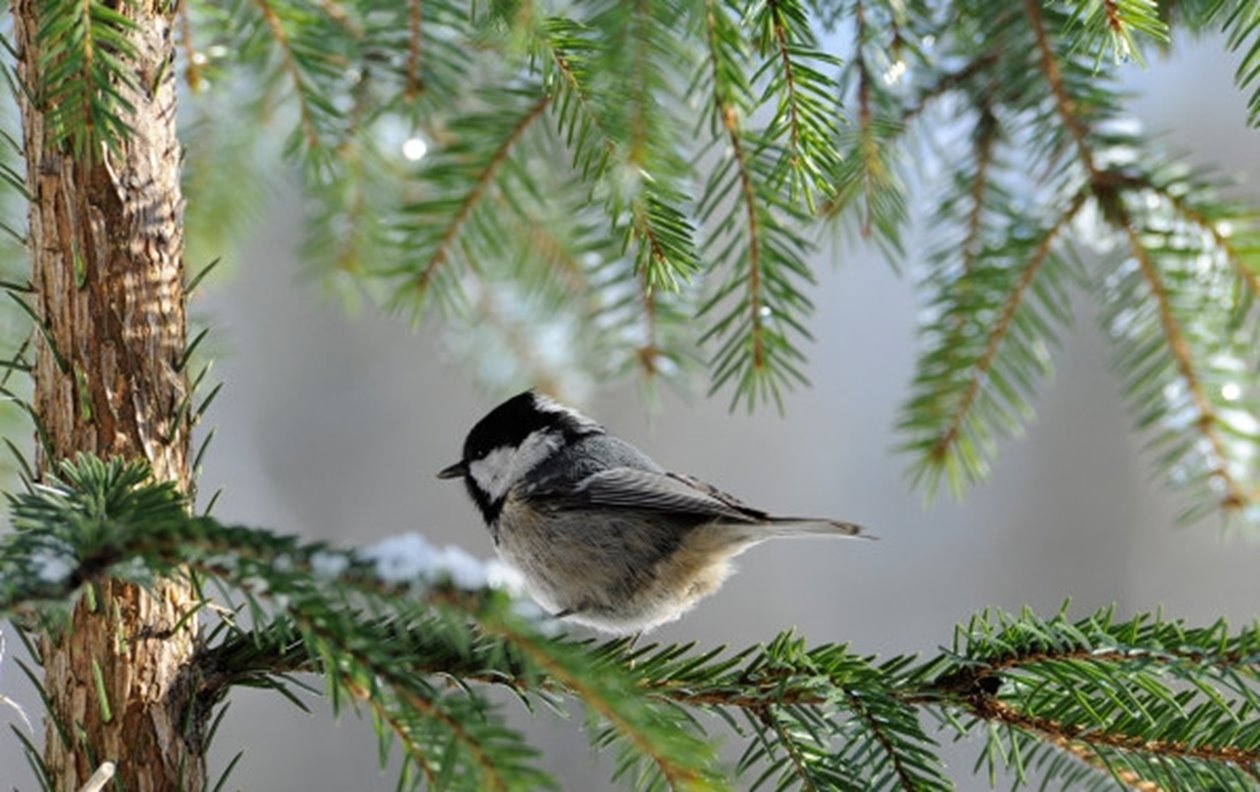
Conservation and wildlife
Before deciding which trees to fell, we fly drones to identify zones that should be left alone. By leaving certain areas of woodland undisturbed, we ensure that wildlife continues to flourish.a
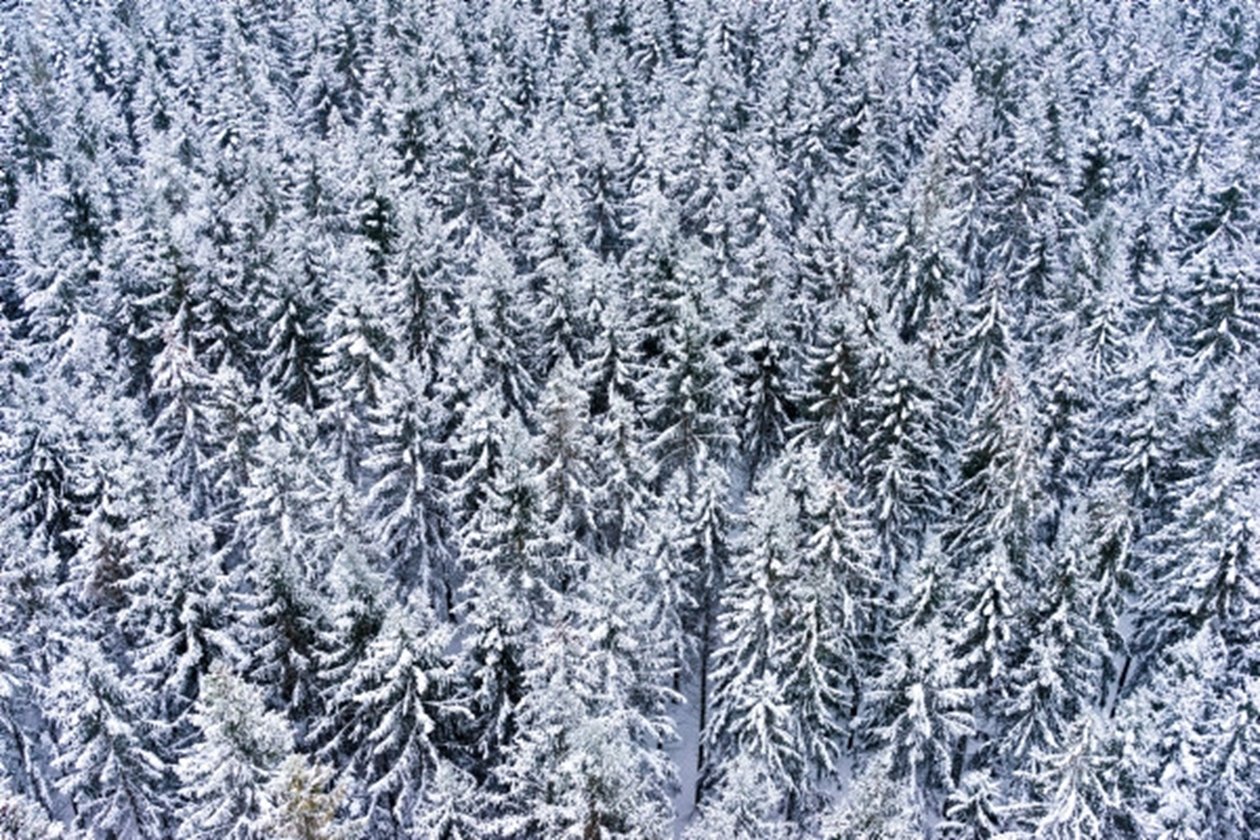
Superior material quality
The cold Swedish climate and resulting slow tree growth creates stability and strength. Södra’s spruce, for instance, can grow between 60-80 years before harvesting. It’s this slow growth that gives you distinctive durability and a premium finish.
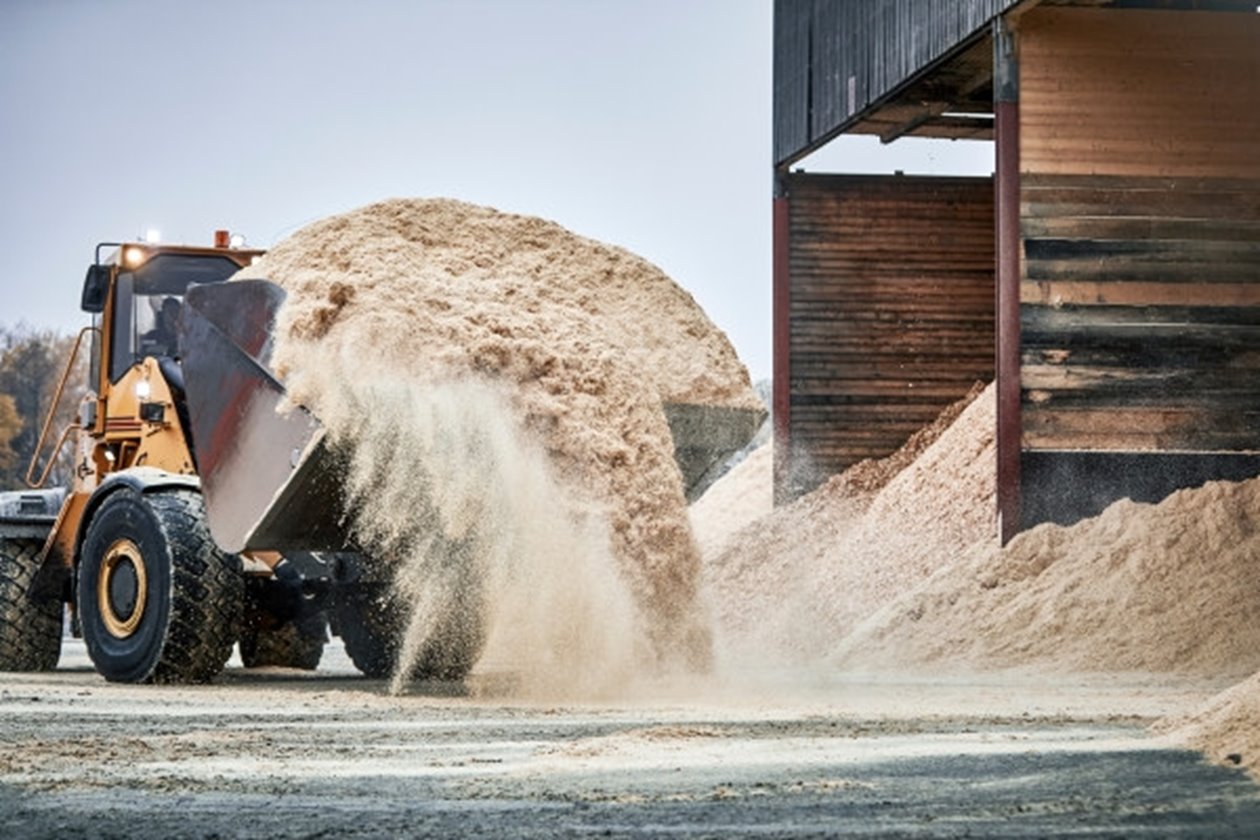
Zero waste
Södra’s timber mills use everything harvested. Approximately 50% of log volume becomes sawn timber. The rest is used by the pulp industry and wood board industry. Bark, wood chips and sawdust are used as energy in the sawmill and any surplus is sold to the biofuel sector. All Södra industries are self-sufficient in energy by utilising the waste product.
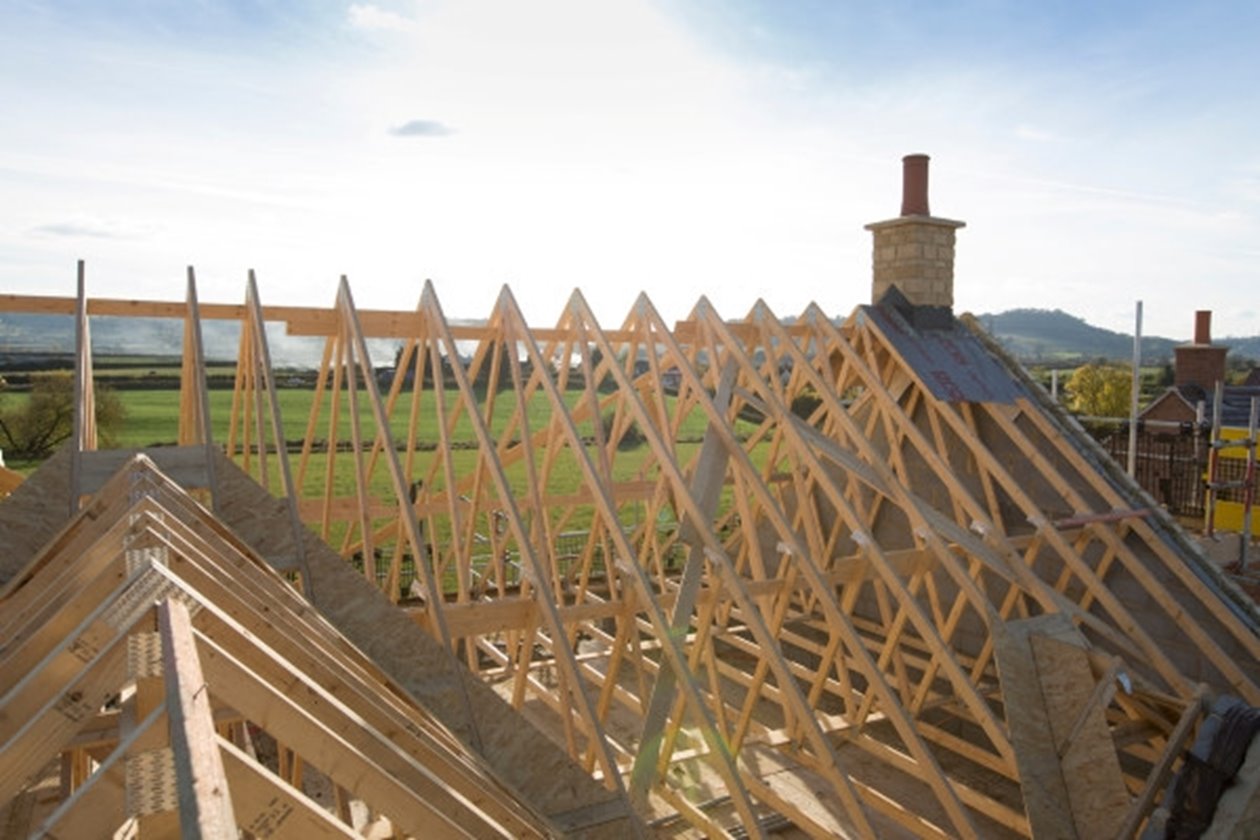
A natural insulator
A timber frame structure offers more opportunity to insulate than building with brick or block. As a result, timber frame buildings are more thermally-efficient and require less energy, making them cheaper, easier (and greener) to heat.
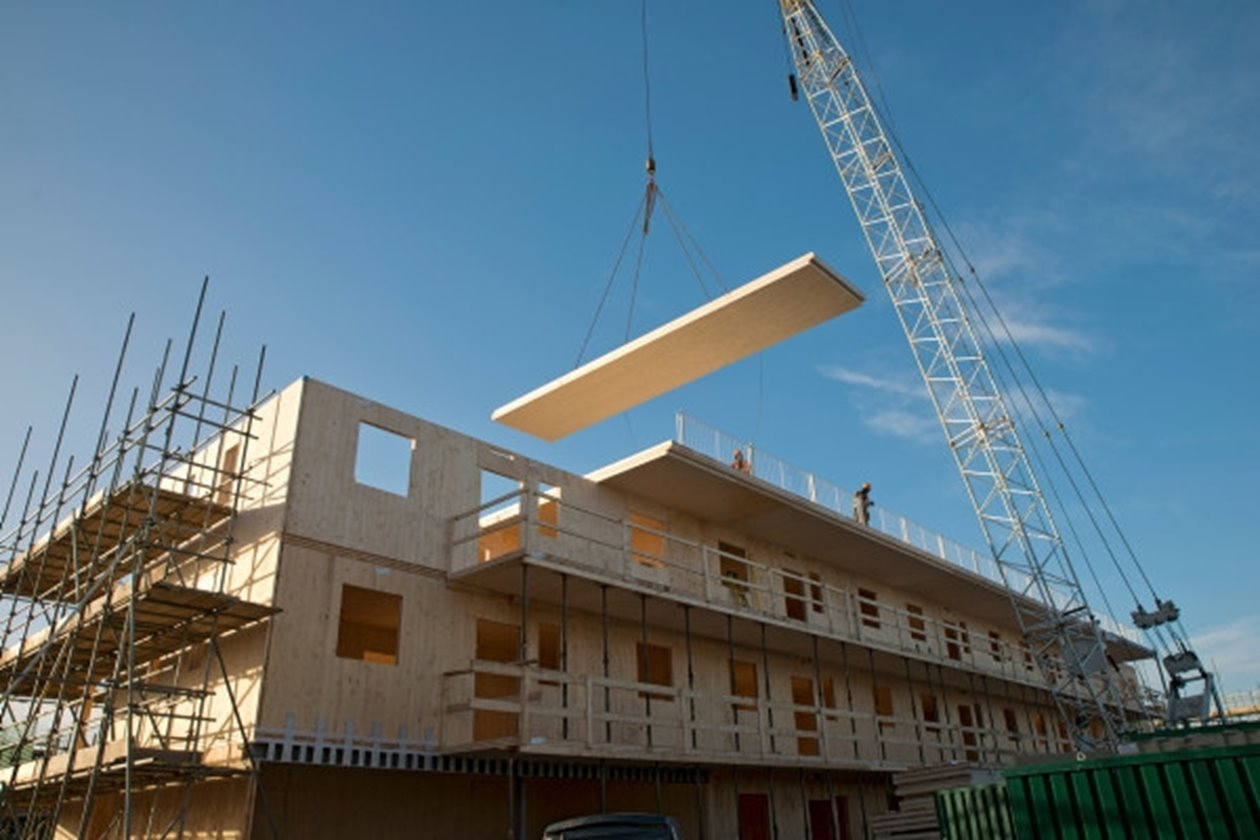
Versatile and manageable
Despite being remarkably strong and durable, timber is lightweight, versatile and easy to handle and install. On average, a timber frame reduces construction time by around a third and typically results in a less expensive building.
